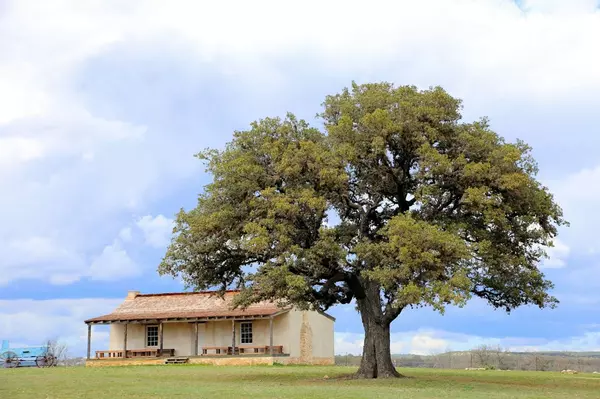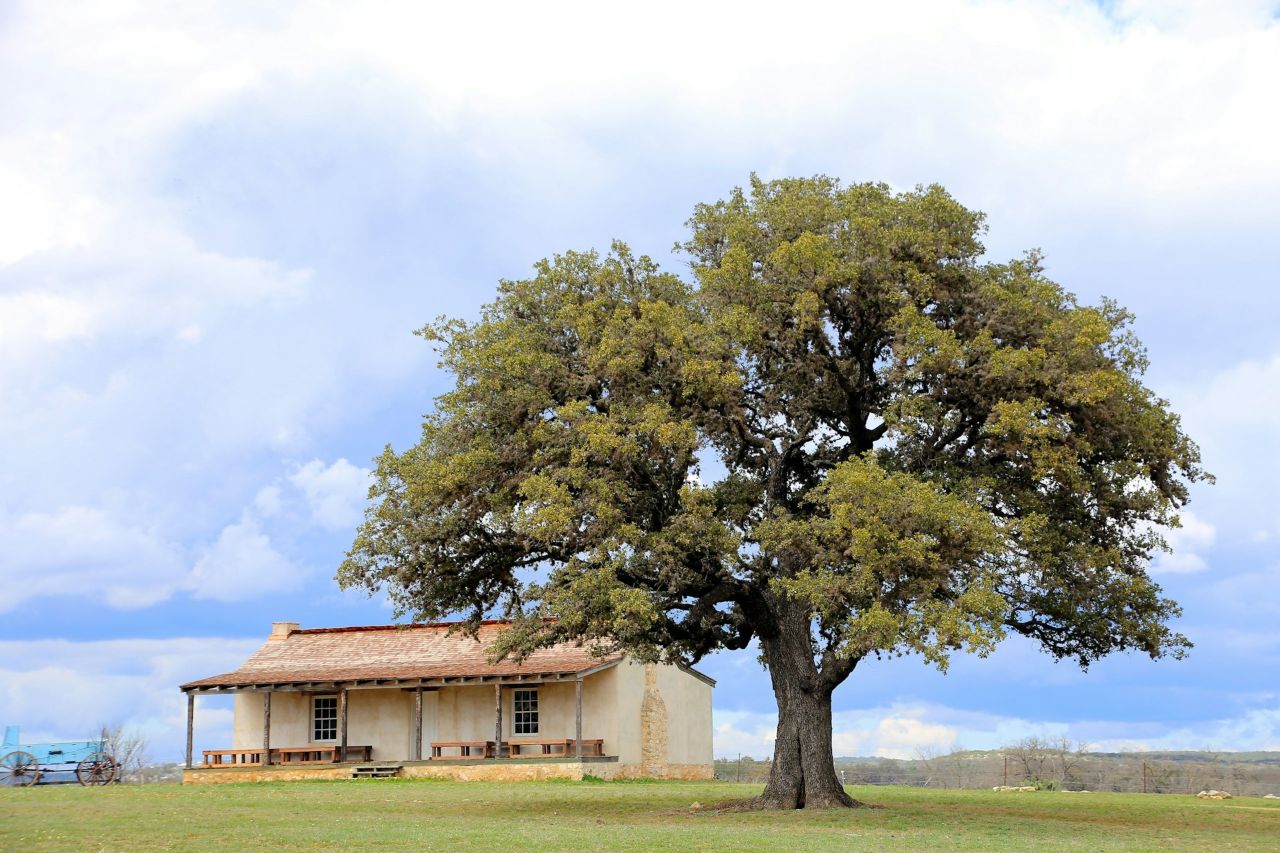Buying a Home with Acreage in Texas: What Buyers Should Know About Land Ownership
Texas has long been popular for those seeking wide-open spaces and freedom. Whether you dream of owning a ranch, a peaceful country retreat, or simply more room to spread out, buying a home with acreage in Texas offers endless possibilities. But before you start envisioning yourself in that perfect plot of land, you should know a few things. From understanding land types to navigating water and mineral rights, purchasing property with acreage comes with its considerations. Let’s explore what you need to keep in mind to make a confident and informed decision.
Understanding Land Types in Texas
Before saying goodbye to your old home and buying a home with acreage in Texas, it’s important to understand the different types of land available. Not all land is the same, and how you plan to use it plays a big role. In Texas, land is typically categorized as agricultural, residential, or mixed-use. Agricultural land is often used for farming, ranching, or livestock and may have tax benefits. Residential land, on the other hand, is meant for building homes or other living spaces. Mixed-use land combines both residential and agricultural purposes, giving you more flexibility. Before purchasing, it’s essential to check local zoning laws, as they can limit what you’re able to do with the land. Every county may have different regulations, so knowing the rules ahead of time can save you a lot of trouble later.
Finding the Right Relocation Help for Your Move
If you're moving from Maryland to Texas, you're not just changing locations but embracing a new way of life. Transitioning from bustling city life to Texas’s diverse and spacious environments can be exciting and complex. To make your move smoother, finding the right assistance is important. Hiring interstate movers can handle all the details, from packing and transporting your belongings to ensuring they arrive safely and on time. This support can greatly reduce stress and help you easily settle into your new Texas home.

Using moving services is advisable, especially for long-distance moves.
Water Rights: A Key Factor in Land Ownership
Water is a precious resource; one crucial aspect is water rights. In Texas, water is classified into surface water and groundwater. Surface water, like rivers and lakes, belongs to the state, and you’ll need permission to use it. Groundwater, which comes from wells, generally belongs to the landowner, but rules vary by region. Access to water can significantly affect the value and usability of your land, especially if you plan to farm or raise livestock. Before you buy, it’s important to know whether the property has reliable water sources and whether you have the right to use them. Checking local water district regulations can give you a clear understanding of what’s allowed.
Mineral Rights: Who Owns What Beneath Your Land?
When buying land in Texas, it’s important to know that owning the surface doesn’t always mean you own what’s beneath it. Mineral rights, which include oil, gas, and other valuable resources underground, are often sold separately from surface rights. This means someone else could have the legal right to extract minerals from under your property. Sometimes, this could lead to drilling or mining on your land, even if you don’t want it. Before purchasing, check if the property includes mineral rights or if they’ve been sold off. If they’ve been separated, it’s wise to understand how that could affect your future use of the land.
Property Taxes and Agricultural Exemptions
Property taxes are something every landowner in Texas has to deal with, but owning land with acreage can come with some unique advantages. Texas offers agricultural exemptions that can significantly reduce your property tax burden. You might qualify for this exemption if your land is used for farming, ranching, or certain wildlife activities. To get it, your property must meet specific requirements, like having a minimum number of acres or being actively used for agriculture. Researching these qualifications before buying is important, as an exemption can lead to substantial savings over time. Be sure to check with the local county appraisal district to see if the land you’re considering is eligible.
The Importance of Land Surveys and Property Boundaries
A land survey defines the property's boundaries and identifies existing structures or easements. Without a clear survey, you might accidentally build on land that isn’t yours or overlook important features like utility easements that could affect how you use the property. In rural areas, boundary lines can sometimes be unclear, leading to disputes with neighbors over where your land ends. A professional survey ensures you know exactly what you’re buying and protects you from legal issues. Make sure any survey is up-to-date before finalizing your purchase.
HOA Restrictions and Community Agreements
Even in rural areas, some properties with acreage may be subject to homeowners’ association (HOA) rules. These restrictions can impact what you’re allowed to do with your land, even if it’s a large plot. For example, HOAs may have guidelines about the types of structures you can build, fencing regulations, or even how you maintain the property. Before purchasing, it’s important to review any HOA agreements to ensure they align with your plans for the land. Ignoring these rules could lead to fines or other complications. It’s always better to understand the upfront restrictions to avoid surprises later.
Access to Utilities: What to Know Before Buying
One thing many people overlook when moving to a new place is access to utilities. Some properties in rural Texas might not have immediate access to electricity, water, or internet services. Installing these utilities can be expensive and time-consuming, so checking what’s already available is important before you buy. You might need to dig a well for water or arrange for a septic system. The cost of bringing electricity to remote areas can also add up quickly. Be sure to ask the seller or a local utility company what you need to get these services to the property so you can budget accordingly.
Wildlife and Environmental Considerations of Buying a Home with Acreage in Texas
Owning a large piece of land in Texas often means encountering wildlife and facing environmental considerations. Rural properties can attract animals like deer, wild hogs, and more, which might impact your plans for landscaping or farming. Additionally, some areas are prone to natural hazards like flooding or wildfires. It’s wise to research the local wildlife and environmental risks before buying. Look into conservation easements, which might affect how you use the land, and consider how these factors could impact your enjoyment and management of the property.

Your property can impact local wildlife and vice versa.
Financing a Home with Acreage in Texas
Financing a property with acreage in Texas can differ from securing a loan for a standard home. Lenders often have specific requirements for land with larger plots. For example, you might need a larger down payment than a traditional home loan. Land value and its intended use can influence loan terms and interest rates. Consider looking into specialized land or rural development loans to buy large or rural properties. It’s a good idea to speak with a lender with acreage experience to understand your options and ensure you’re prepared for the financial aspects of your purchase.
Working with Local Experts: Real Estate Agents and Attorneys
Navigating land purchase with acreage is often smoother with the help of local experts. Real estate agents specializing in rural properties can provide valuable insights into specific areas and market conditions. They can help you find properties that match your needs and avoid potential pitfalls. Additionally, consulting a real estate attorney can be crucial, especially for reviewing contracts and understanding legal obligations related to land use, mineral rights, or water access. Local experts can help ensure you’re fully informed and protected throughout the buying process, making it easier to make confident decisions.

Consider hiring a real estate agent when buying a home with acreage in Texas.
Conclusion: Make an Informed Decision
Buying a home with acreage in Texas offers a unique opportunity to enjoy expansive space and a connection to nature. However, to make the most of this experience, it’s essential to be well-informed about the various aspects of land ownership. From understanding water and mineral rights to navigating property taxes and utility access, each factor plays an important role in your decision-making process. Researching thoroughly and working with knowledgeable professionals can make your investment enjoyable and practical. With the right preparation, buying a home with acreage can lead to a rewarding and fulfilling property ownership experience.
Meta Description: Learn essential tips for buying a home with acreage in Texas, from land types to financing, ensuring a smooth and informed purchase.
KW: Buying a Home with Acreage in Texas
Photos used:
https://unsplash.com/photos/green-tree-near-brown-house-during-daytime-uMRlCQChrTM
https://www.pexels.com/photo/man-couple-woman-friends-7464721/
https://unsplash.com/photos/brown-deer-beside-plants-favQn8WgRyk
Categories
Recent Posts










GET MORE INFORMATION

Partner | Lic# 670981
